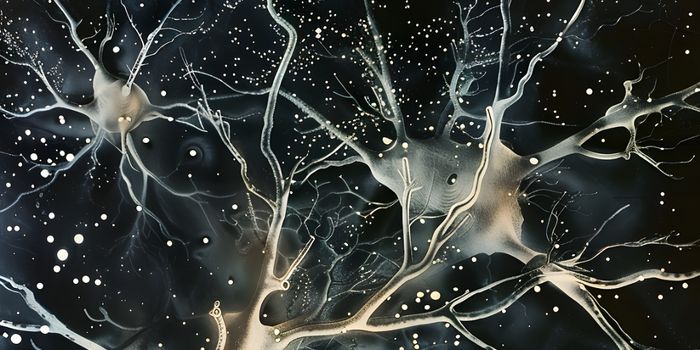Finding Pleasure in Music Comes From Balance of Uncertainty, Surprise
A new study by the Max Planck Institute for Human Cognitive and Brain Sciences shows the effect that uncertainty, about a song's progression, and the level of surprise have on the likability of the song. Songs that evoked the most pleasure were unfamiliar at the start but progressed to a well-known tune, and likewise, songs which seem very familiar at the beginning, but had a surprising twist.
Previously, scientists thought that listening to music evokes pleasure when the progression, predicted by the nucleus accumbens, is wrong, and the chord sequence is better than expected. Despite being a widely accepted theory, studies failed to link nucleus accumbens activity to pleasure when listening to music. Past studies have only looked at the effect of surprise on pleasure, without considering the effect of uncertainty in the chord progression.
This study shows that uncertainty and surprise play a tandem role in finding pleasure in music. When subjects were relatively sure of the progression of the chords, they found it pleasurable to be surprised. When users were relatively uncertain about where progression would lead, they found it pleasurable to hear familiar chords. The uncertainty and surprise of 80,000 chords in US Billboard pop songs were quantified with machine learning. Subjects' brain activity was observed with functional magnetic resonance imaging (fMRI), and the activity data was processed with algorithms, considering the quantified uncertainty and surprise. Users listened only to chord progression (lyrics and melody had been striped) to limit song identity and reduce prior association.
The findings of this study are inherently known, but this study provides quantified reaction and observation data, linking multiple centers of the brain. This study found three primary regions that are active in reacting to music- the auditory cortex, which processes sound, the amygdala, which processes emotions, and the hippocampus, which is engaged in learning and memory. The nucleus accumbens, previously thought to be responsible for evoking pleasure when listening to music, was only involved when users were uncertain.
Understanding the neurological ingredients for pleasurable music could help scientists figure out why and how music makes us feel batter when we are down.
Next, researchers want to investigate how musical information flows across brain regions over time and how our enjoyment of music shapes our understanding of what it means to be human.
Sources: Koelsch et. al., ScienceDaily








